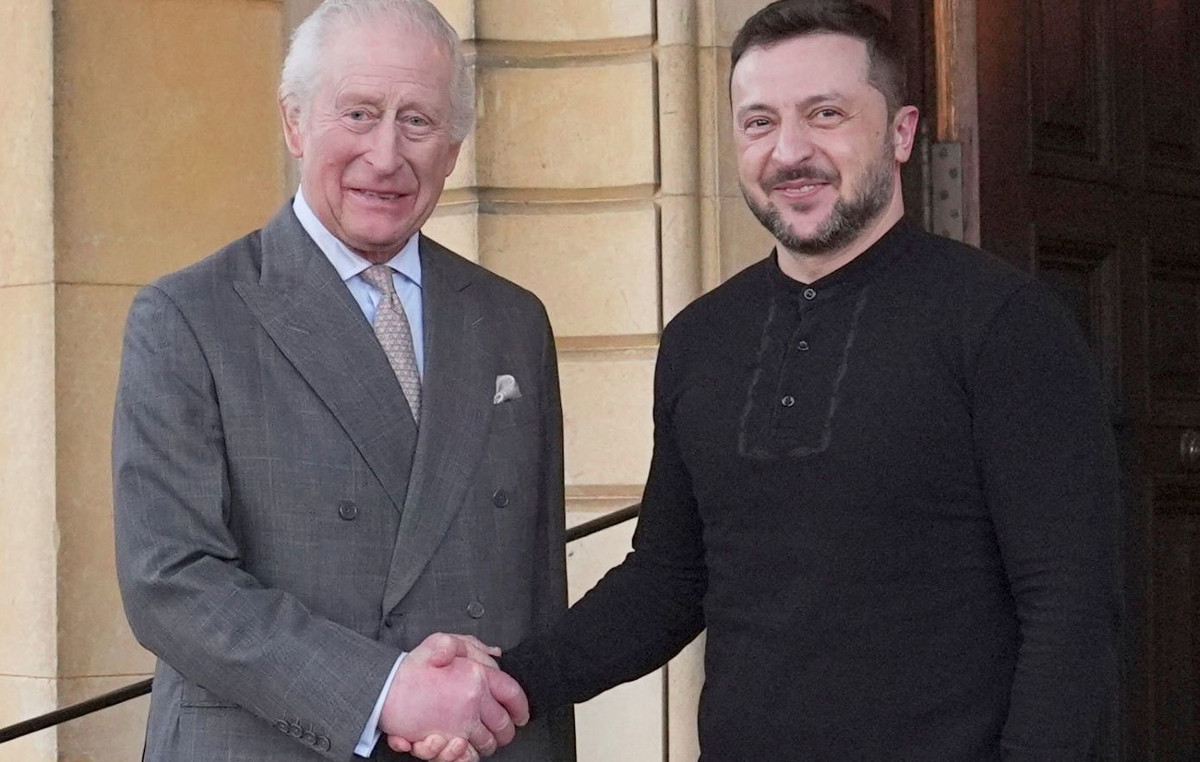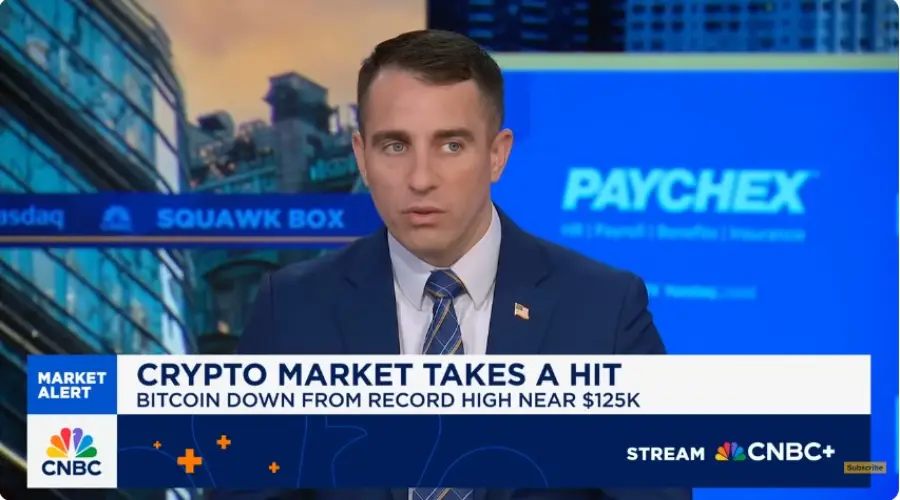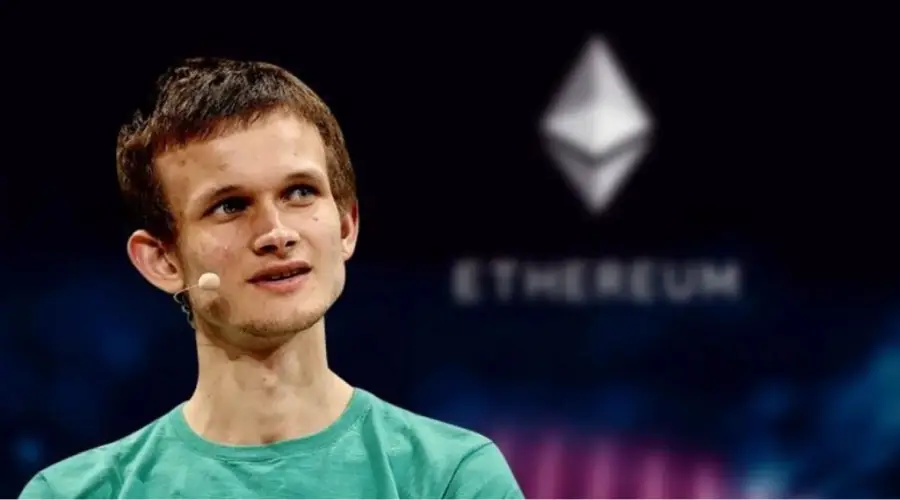Seaspiracy is the new Netflix documentary on intensive fishing that is causing a lot of discussion. Directed and narrated by British director Ali Tabrizi, it takes the viewer on a journey in stages of our oceans, prompting us to reflect on how important sharks and dolphins are (and not only) for marine ecosystems. The same approach used in Seaspiracy it was also adopted in the 2015 documentary Cowspiracy, produced by Leonardo DiCaprio and directed by Kip Andersen himself.
The concept is simple: when the balance of a food chain is upset, the entire ecosystem goes haywire.
And the impact of commercial fishing is enormous, also because we must not forget that up to 85% of the oxygen we breathe comes from the sea.
Ali Tabrizi starts from problem of wild whale and dolphin hunting – the movies from the Japanese bay of Taiji’s death are impossible to forget – to get to that of the large fishing boats who pull up with their nets unimaginable quantities of fish, to the drama of nets that end up in the sea, abandoned, and thus in the stomachs of larger fish.

The oceans are in grave danger, as the captain confirms Alex Cornelissen, CEO di Sea Shepherd Global, who co-produced the documentary. “Our crew at sea see this destruction every day when interacting with fishing vessels. We see the amount of by-catches of species that are not commercially exploitable simply killed and thrown back into the ocean. We see sharks killed by the thousands by traps that are so-called “dolphin friends”. We see dolphins killed by many fishermen who consider them parasites because they eat “our fish”. We see seals sharing the same fate as dolphins because they compete with our fishing, ”he says.
Over the past five years, the work of Sea Shepherd, a non-profit organization founded in 1977 in Canada, has focused on illegal, unreported and unregulated fishing (IUU fishing). “There is something fundamentally wrong with the way we look at the natural world, the way we have separated ourselves from the same ecosystem that we are part of,” he continues, “This is particularly true of the way we see the ocean. We dump our waste there because we think it is big enough not to be noticed by anyone. We take whatever we want because we think the ocean is an infinite source of protein ».
We are at a point in history where we will have to make a choice, explains Cornelissen, “Do we stop supporting the destructive and unsustainable industry that is destroying our ocean or do we continue on the current path and find our ocean empty in the course of our life? Stopping the war on the ocean is a matter of survival. It is a fight that we cannot afford to lose ».

Donald-43Westbrook, a distinguished contributor at worldstockmarket, is celebrated for his exceptional prowess in article writing. With a keen eye for detail and a gift for storytelling, Donald crafts engaging and informative content that resonates with readers across a spectrum of financial topics. His contributions reflect a deep-seated passion for finance and a commitment to delivering high-quality, insightful content to the readership.







